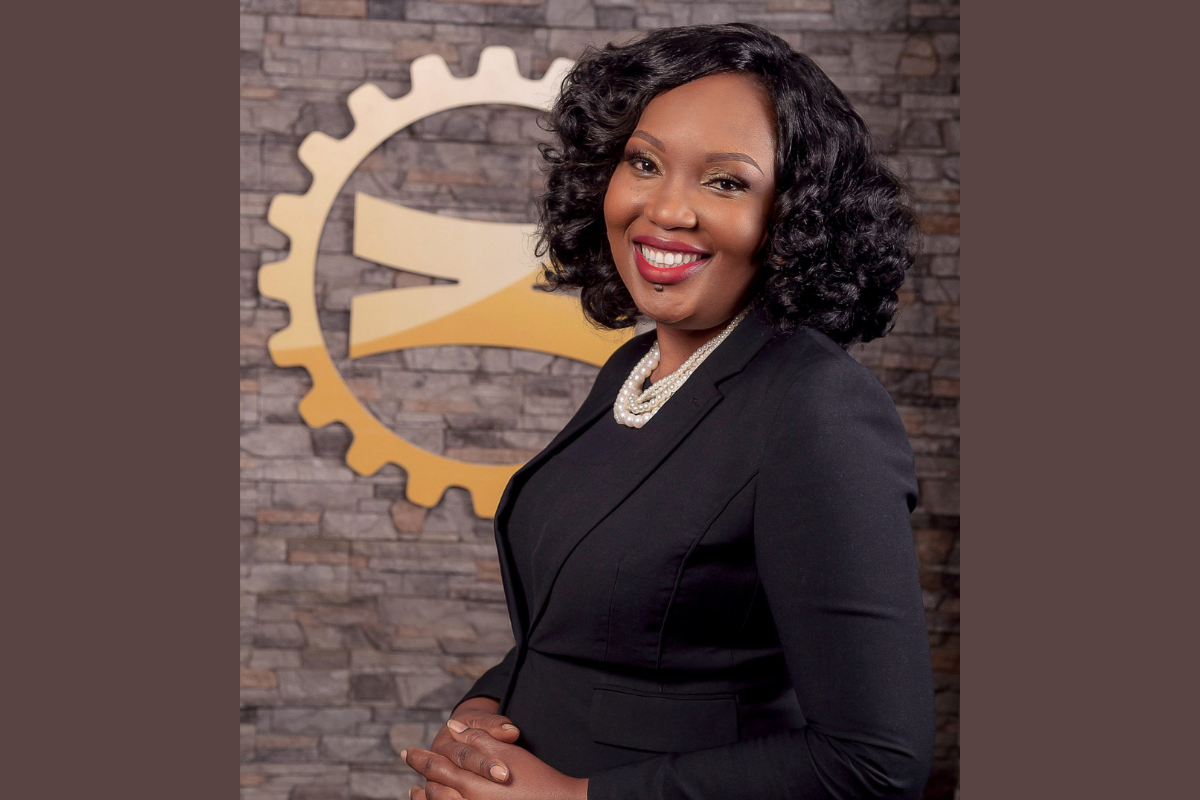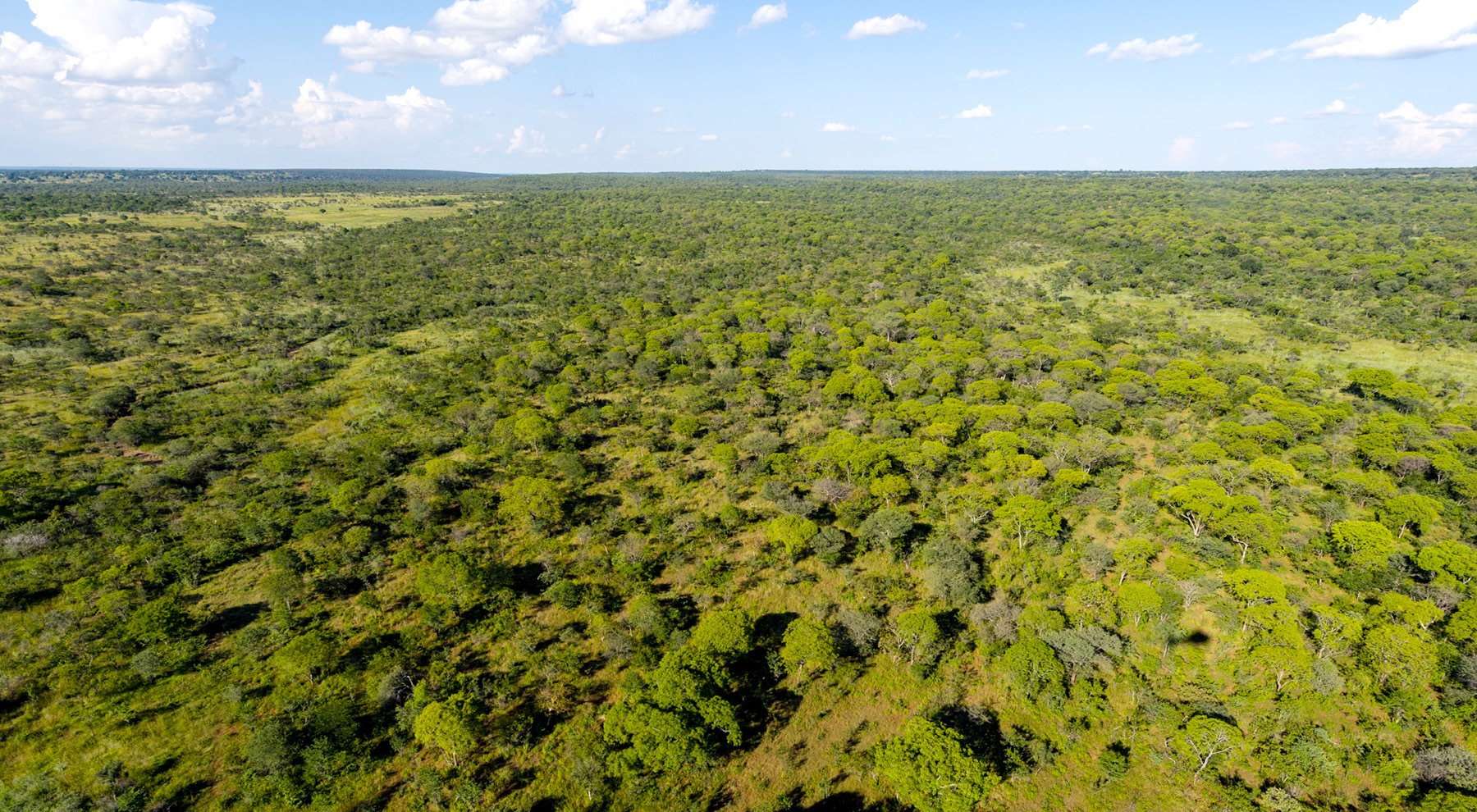The Zambia National Commercial Bank (Zanaco) has a long tradition of being first. Since its formation in 1969 it has been at the forefront of innovation and technological advancements. It was the first Zambian bank to open an ATM and the first to offer mobile banking. And now, as digitalisation gains pace, it is still the industry trendsetter, always trying to see what is possible and provide a service that its rivals can only follow.

Zanaco’s 978,000 customers and 1,361 staff regard it as a trusted national institution, still majority owned by Zambians and the largest employer in the banking sector. When Mukwandi Chibesakunda took over as CEO in October 2020, she inherited a talented team proud of their bank and eager to embrace the many changes transforming the industry.
“As soon as I joined, I could see the immediate opportunity was the staff,” she tells The CEO Magazine. “So I had to think about what value I could bring to the table as a catalyst for growth. As a leader, I always look at the institution growing through its people as they are behind whatever bottom line numbers or service we deliver.
“My clarity was around empowering the people, making sure they deliver success for themselves and for the institution as a whole.”
“I immediately knew that it had real potential, but for some reason, it just didn’t seem to be able to deliver on the opportunities it had for growth,” she recalls. “But I had strong support from key stakeholders, particularly our board, the management team and the rest of the staff, as well as, most importantly, our customers. At the end of the day, it helps if you have loyal customers who perceive value in what we are providing and buy into our philosophy.”
Mukwandi’s confidence was well placed as the bank began gaining market share. Even when COVID-19 hit, the growth not only continued unabated but actually more than doubled, partly driven by Zanaco’s move towards digitalisation.

Zanaco is different; it’s special, so when people try us, they’ll be happy with us. And if they’re not, we’ll work hard to make sure we turn that around.
“Technology has significantly changed the business model for commercial banking and we’ve had to make sure we continue innovating to optimise our profitability,” she reveals. “There are certain areas where we can be a bit inefficient from a cost perspective. We need to find a way to lower those costs and enhance our revenue, and automation could be a solution.
“We need to invest in more technology to enhance our service so that we always have the best customer interaction. If we look at bitcoin, we need to work out what the Zambian context might be and what it means for our future. The same goes for artificial intelligence. If we look at artificial intelligence, what does it mean for our future?”
Equally important to her success has been the strong relationship with suppliers. She made managing those relationships a priority from the start to ensure they deliver value and get the right level of support in return.

That Mukwandi has been able to bring such value and become that catalyst for growth is down to business acumen, in addition to a recognition that running a bank isn’t only about money.
“Zanaco is unique. We believe we’re making a big difference in our communities, for our staff and their families, for our customers and all our stakeholders,” she says. “Zanaco is different; it’s special, so when people try us, they’ll be happy with us. And if they’re not, we’ll work hard to make sure we turn that around. We’re proud to be a locally grown bank and a really great place to work.”
Making a Sustainable Difference
“There are always new risks to mitigate such as cybersecurity and climate change. How do we make sure that our model doesn’t introduce risks?” Mukwandi reflects.
“Zambia has the highest rate of deforestation in Africa, so we had to think about the role we play in making people aware of the problem and also act as sustainable corporate citizens. When people see we’re taking such things seriously, then the entire community sees us as someone they can partner with to achieve real change.”


